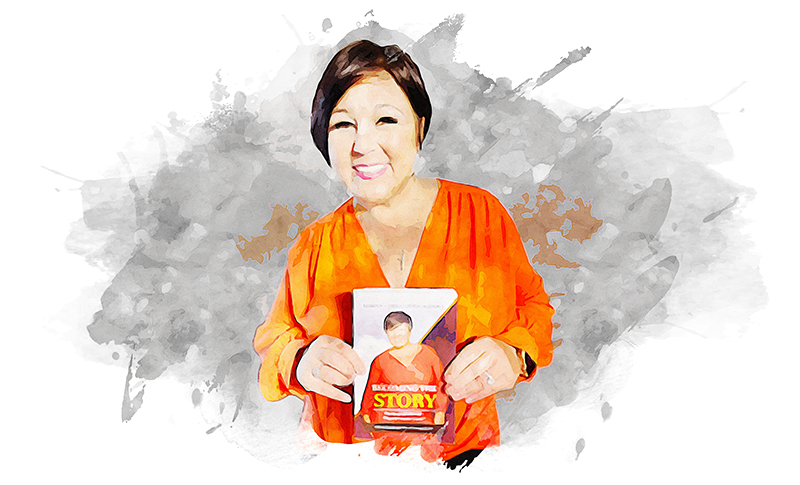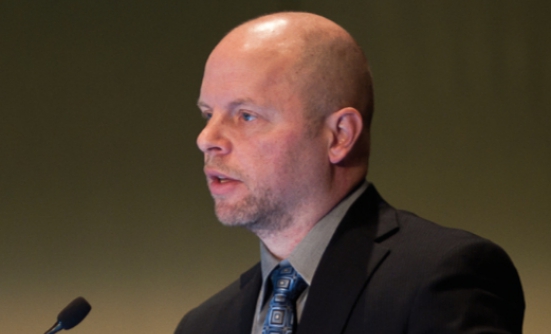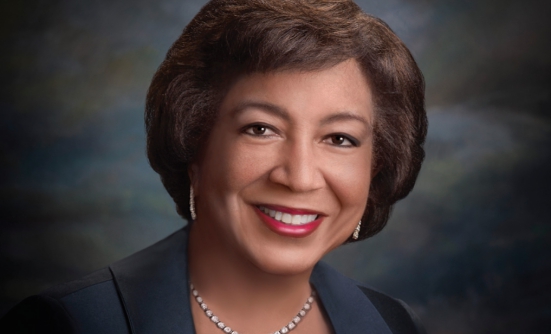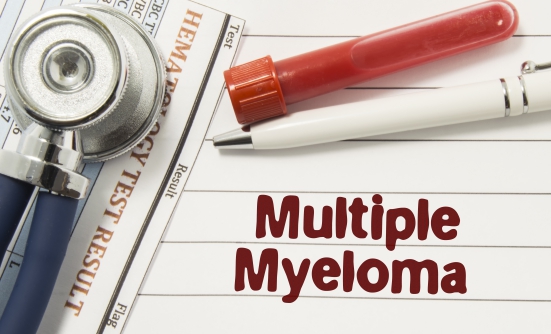
Cancer and mental disorders have a symbiotic relationship. Just as mental disorders, such as anxiety or depression, can be brought on by a cancer diagnosis, cancer and its treatment can exacerbate an underlying mental condition, said Kathleen Murphy-Ende, PhD, PsyD, NP, Clinical Psychologist and Nurse Practitioner at the University of Wisconsin Department of Psychiatry, in Madison. She discussed the topic at the 2021 Oncology Nursing Society conference.
Treating cancer and a mental disorder at the same time can be exhausting for the patient and for the doctor, but the key to dealing with this challenging situation is often simple communication.
What Is a Mental Disorder?
Mental disorders refer to a wide range of conditions that affect mood, thinking, and behavior, such as anxiety, depression, or post-traumatic stress disorder, or PTSD.
Classifying mental disorders is a lot like classifying a certain type of cancer, she explained. Just as a person with prostate cancer wouldn’t benefit from a treatment for patients with breast cancer, a person with bipolar disorder, for example, will not benefit from a treatment for another mental condition, such as anxiety.
Mental Disorders in Cancer
In patients with cancer, the “side effects of [cancer] treatment can really clearly mimic a mental disorder,” Dr. Murphy-Ende said. So doctors are careful to distinguish between treatment side effects and any other causes before making a psychiatric diagnosis.
Oncologists and psychiatrics, she said, should be working closely and communicating about their patients, she said. Most important, patients should not feel shy about speaking up: they should remind their doctors about what medications they take, why they are taking those medications, and how often. Doing so can prevent any potentially dangerous drug–drug interactions, and ensure they receive appropriate treatment for cancer and for the psychological condition.
As many as 85% of patients with cancer have psychiatric disorders or significant psychological distress, she said, and existing mental disorders are already present in at least one-third of patients diagnosed with cancer. However, it’s estimated that less than half of patients with cancer who have mental disorders or emotional distress are identified and referred for appropriate care.
Anxiety & Depression
Anxiety is a natural response to cancer—keep in mind that some anxiety is completely natural, and can serve to keep us motivated and protected.
Depression and anxiety are 2 common disorders and are closely related. “Sometimes people are depressed because they have anxiety, or they have anxiety because they’re depressed,” Dr. Murphy-Ende explained. Both conditions can negatively affect mood, concentration, and sleep.
“But for people who have an underlying anxiety disorder and then get a diagnosis of cancer, they’re really facing a difficult time,” she said. “At that time, it’s very appropriate to start medication for anxiety.”
Anxiety and depressive disorders can be effectively treated with drugs known as selective serotonin reuptake inhibitors, or SSRIs, and benzodiazepines, as well as with cognitive behavioral therapy.
“So it saddens me to see it missed or undertreated, or for patients to simply be resistant to taking treatment,” she said.
Post-Traumatic Stress Disorder
PTSD is typically caused by traumatic, unexpected events that lead to a perceived loss of personal control and safety. Understandably, the unexpected diagnosis of, and often-aggressive treatment for, cancer can lead to thoughts of loss of control and safety, ultimately resulting in a PTSD diagnosis.
About 8% of adults in the United States have PTSD, but it’s difficult to get an accurate rate of PTSD among patients with cancer, because it is often not diagnosed in patients with cancer. However, some estimates of cancer-related PTSD are as many as 33% of patients.
“In my practice, I see a fair amount of PTSD in people with cancer. It may be a previous diagnosis that’s been made worse, or it may be a new diagnosis related to cancer and its treatment,” she said. “These might seem like artificial labels, but they’re really helpful in separating out what exactly is going on with patients, because that informs our treatment.”
Talk to Your Doctor
Patients who have mental disorders and cancer should advocate for themselves during cancer treatment. These conditions are very common, and patients should feel comfortable talking with their oncologist and cancer care providers about their anxiety or depression, to make sure they receive appropriate treatment.
For example, stopping certain psychiatric medications suddenly can be incredibly dangerous.
If you are told to stop taking your anxiety or depression medications before cancer surgery, broaching the topic with your doctor, and bringing up the potential risk of doing so, can lead to other treatment options, such as not stopping the medication in certain cases, or ensuring that the medications will be used again the minute surgery is over.
“This is not the time to be taking medications away that people have been stable on for a long period of time,” Dr. Murphy-Ende emphasized.
Key Points
- As many as 85% of patients with cancer have psychiatric disorders or significant emotional distress
- Less than half of patients with cancer who have mental disorders or emotional distress are identified and referred for appropriate care
- Anxiety and depressive disorders can be effectively treated with drugs, as well as with cognitive behavioral therapy
- According to some estimates, more than one-third of patients have cancer-related PTSD
- Patients who have mental disorders plus cancer should advocate for themselves during cancer treatment
- Patients should feel comfortable talking with their oncologist and other cancer care providers about any psychological difficulties, such as anxiety or depression














